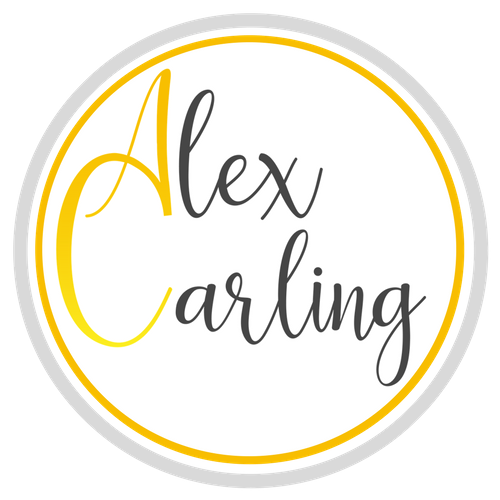Is My Partner Emotionally Abusive?
A couple of weeks ago I was approached by Teen Vogue to give my professional opinion on the romantic relationship of the two main vampires in the popular TV series The Originals.
The journalist thought that the relationship between Klaus and Caroline was emotionally abusive but she wanted someone with professional experience to help her educate young people; her concern was that everyone was hoping for these two characters to get together, even though their relationship is inherently unhealthy.
I have about 12 years of experience working with women and children who experienced and/or fleed domestic abuse and I was thrilled to be involved in the article, and now I want to share some of what I shared with them - with you.
What Is Emotional Abuse?
An emotionally abusive relationship can be very subtle. Things like put-downs, criticism, shifting of responsibility to make the other person feel guilty, threats of suicide if the other person leaves them and making the person feel like they are, or are going crazy.
Can Emotionally Abusive Relationships Feel Good?
The difficult thing about all types of domestic abuse i.e. physical, sexual and financial, is that they are not all bad. a victim of abuse will often say that their partner has really endearing qualities too and this is a really important concept to understand.
A perpetrator of abuse can be super kind for example, and still be abusive. Relationships often start with kindness and we often associate kindness with something that is solely positive. However, often in abusive relationships, the perpetrator of the abuse will have nice traits too - this allows the cycle of abuse to continue. In the cycle of abuse,
there's a honeymoon period where there are apologies, shifting of blame or 'super kind' behaviours to demonstrate remorse and/or to keep the other believing they will change
there's a period when tension builds where the perpetrator may be irritable, using raised voices, nitpicking and withholding of affection and then
the explosion where the perpetrator may use one or more of the 8 different abusive behaviours, including emotional abuse; and repeat.
When we're considering what is abusive, it's important to think about the creative ways perpetrators can keep another person close, to maintain an element of hope and trust - this can be kindness.
Signs That You May Be In An Emotionally Abusive Relationship:
You can pay attention to the behaviours of the perpetrator, examples are insults, shaming, embarrassing, criticising, belittling, withholding affection, gaslighting, intimidating, name calling and more. You can also use your own experiences to conclude if you're in an emotionally abusive relationship; for example -
always feeling like you're walking on eggshells
feeling like you don't know what's real anymore - because the perpetrator tells you how it is, that you're wrong; in order to support their behaviours/control
You're not allowed to be somewhere without the other person knowing where you are and who you're with - you have to engage in constant check-ins (because the other person is insecure doesn't make this OK)
You hear hurtful things that are passed as jokes but leave you wondering and feeling insecure
You find yourself apologising to keep the peace or to avoid an argument, even though you don't believe you've done anything wrong.
You have been told that if you leave, they will kill themselves, tell your secret or harm the people you love
You never know where you stand - you feel adored one minute and hated the next
Your partner doesn't seem happy with your achievements, or they belittle them or get angry because you're showing off
You feel responsible for their actions, for example - "I can't tell people at work because they'll lose their job or be thought of badly"
If you're concerned by what you've read in this blog - there are lots of confidential services that you can contact and these service will not expect you to leave your partner - you can call them for advice and someone to talk to.
If you're based in Hull you can call Hull Women's Aid on 01482446099, Hull DAP on 01482318759 and Preston Road Women's Centre on 01482790310. If you are in another region, please call the National Helpline for further assistance 0808 2000 247.
If you'd like to inquire about working with me, please contact me via here.
You may also find these blogs useful:
The Right to be Me - Stella Eden, survivor of domestic abuse and author, shares the last page of her book in hope that it helps other women in similar situations, the find the courage to change their lives too.
Domestic Abuse: Legal Rights and Options - Are you wondering what rights you have? In this blog there are answers about police responsibility and your legal rights.
I Thought an Apple was an Orange - ...she was so confused, so manipulated and controlled to such a level that he could tell her an apple was an orange and her self-doubt would be so great, she would accept the information as fact.

